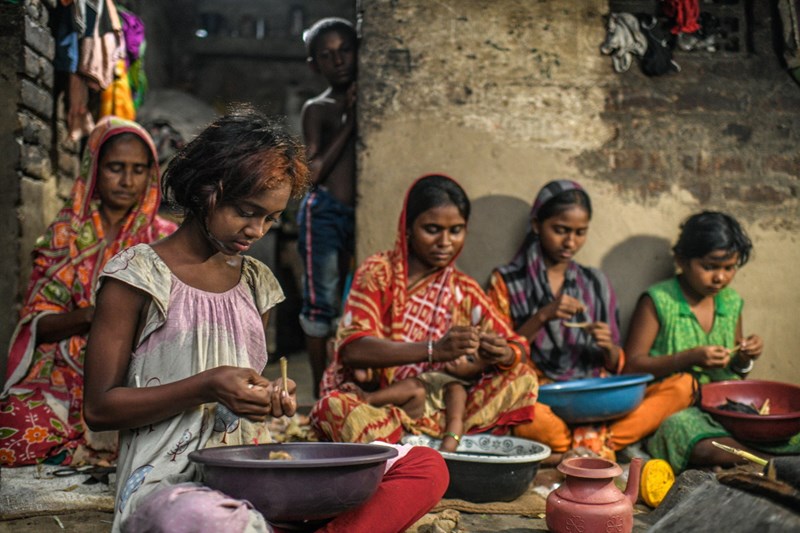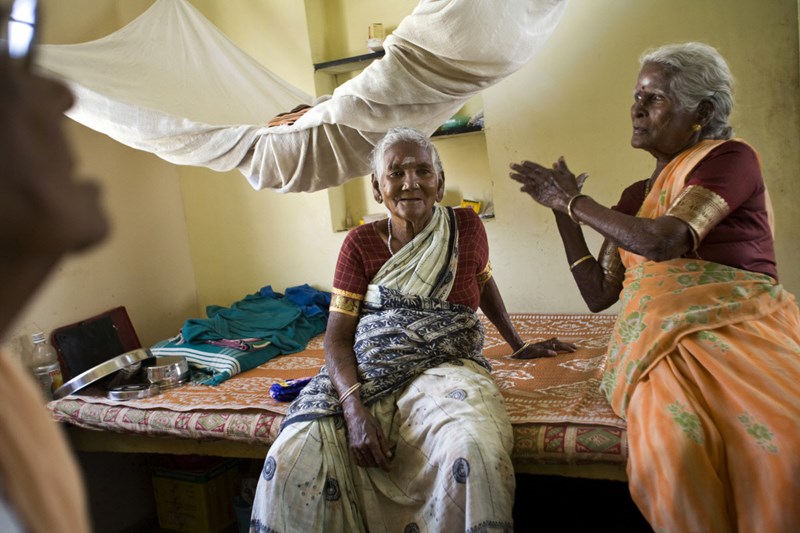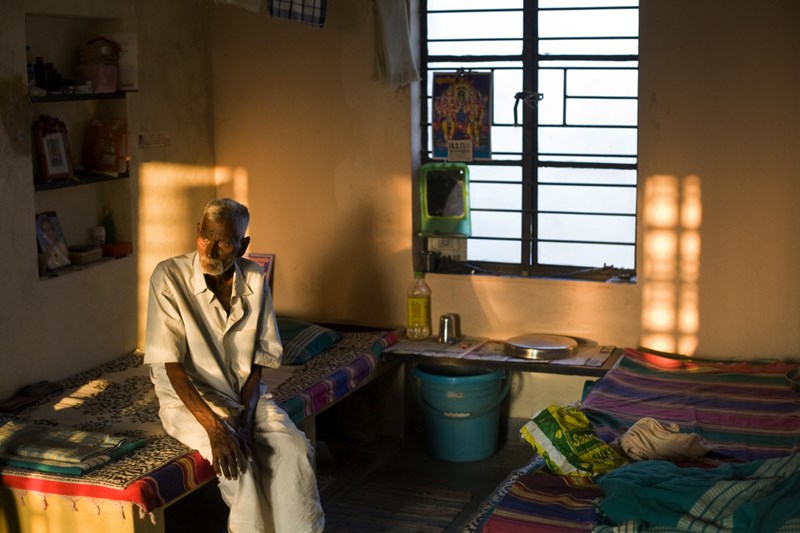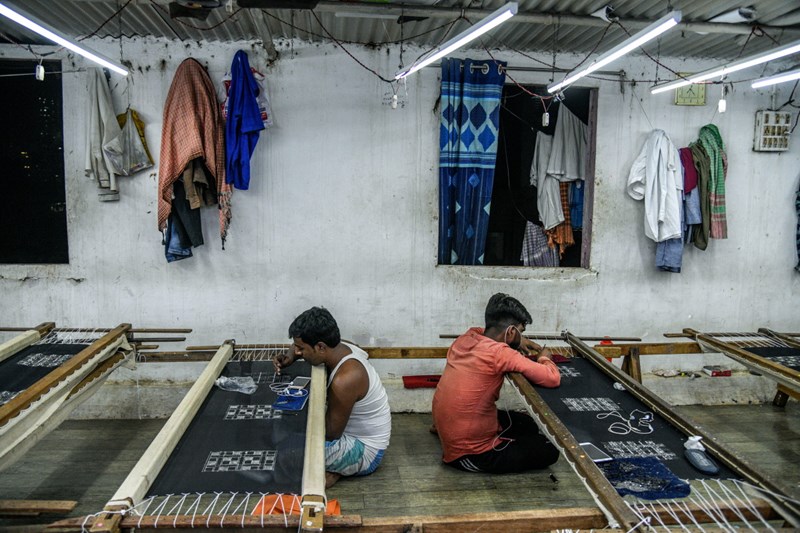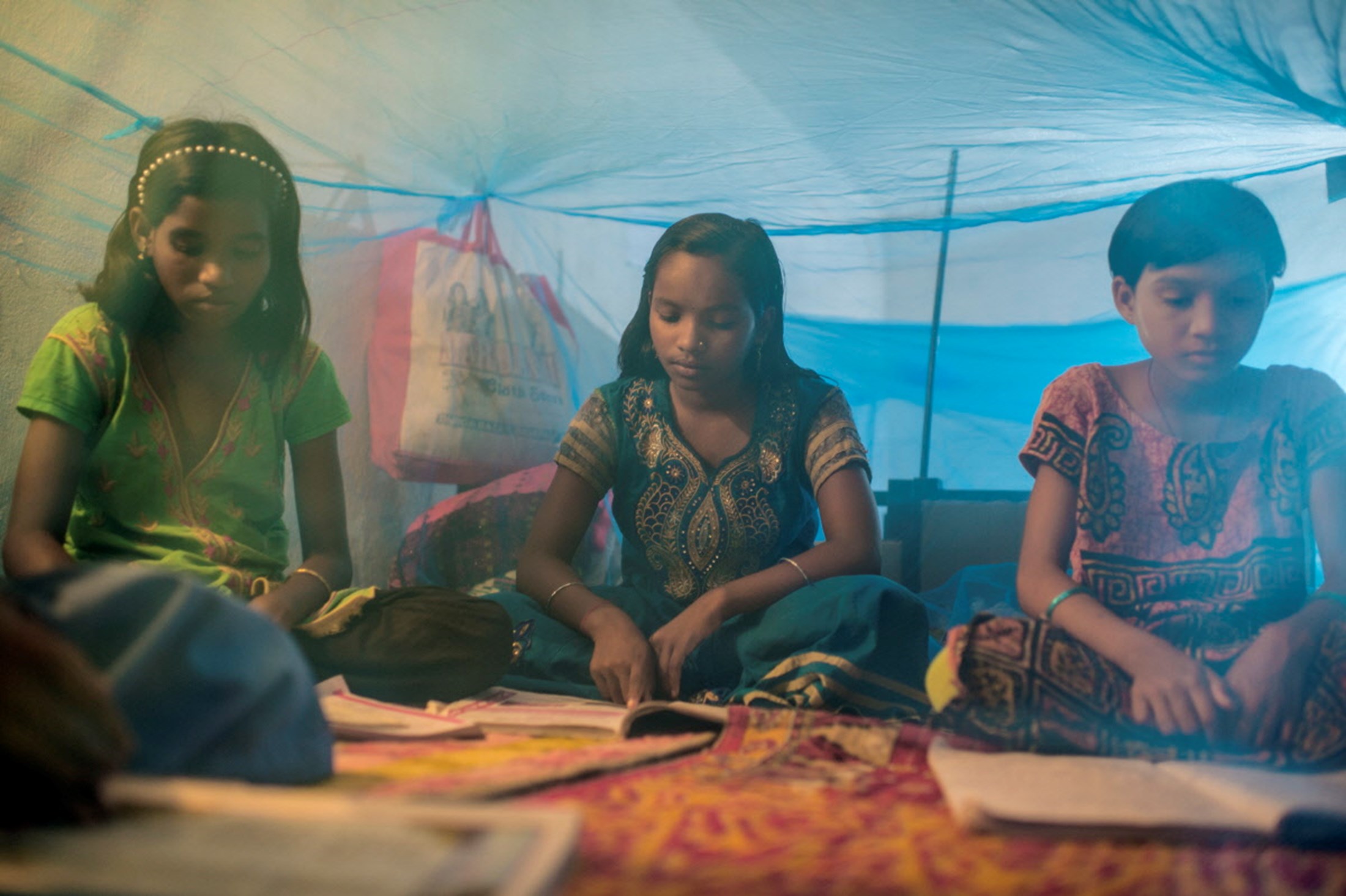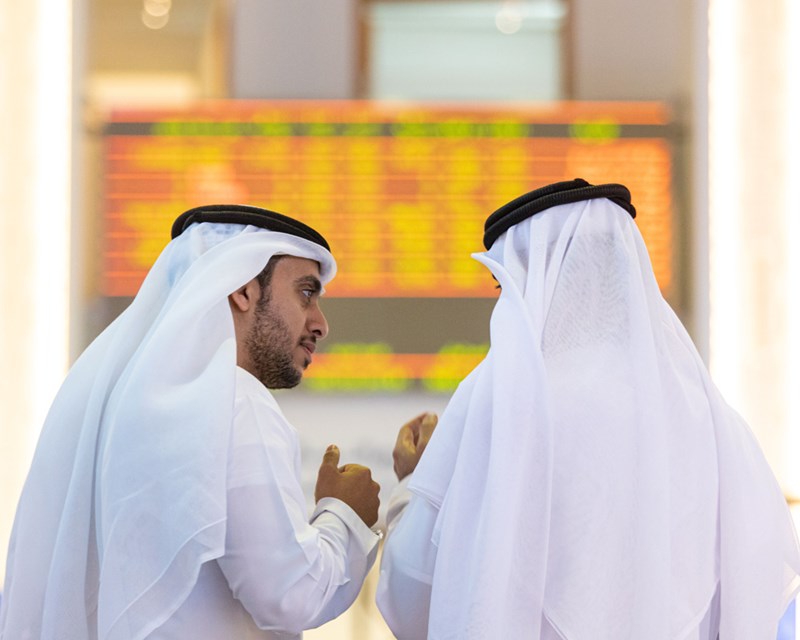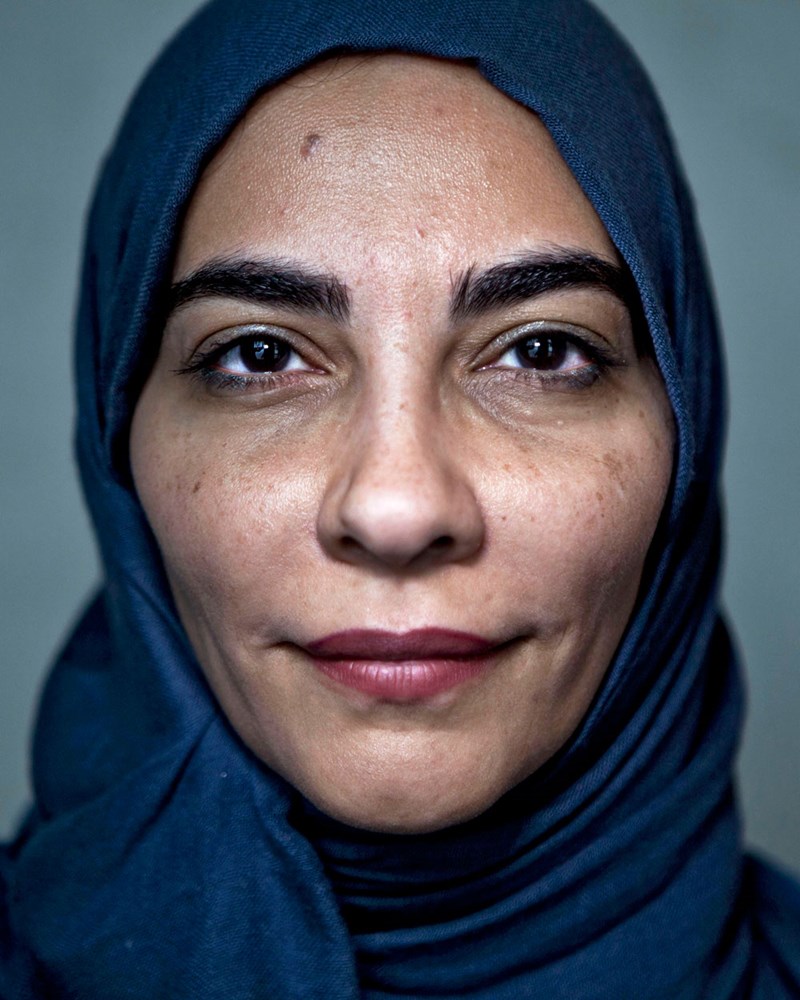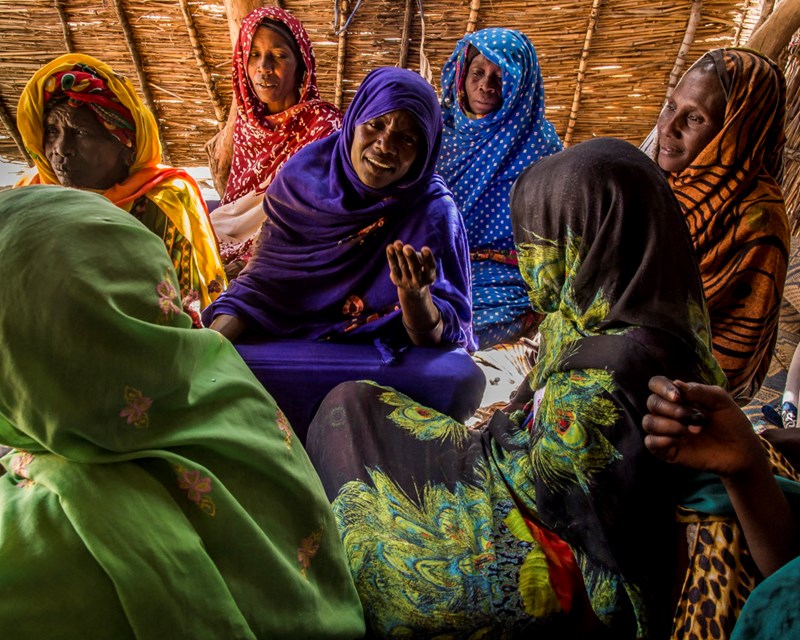When PNC Menon arrived in Muscat from southern India, aged 28, he had just $7 in his pocket. The year was 1976 and the GCC’s oil boom was well underway, offering fertile ground for an entrepreneurial college dropout with an eye for opportunity.
Menon was quick to launch a small furniture and interiors business, which found a ready market in Oman, then a seaside sultanate in the grip of a building frenzy. The company grew rapidly into a major fit-out firm, snapping up high-level contracts in the GCC and beyond, including for the Sultan Qaboos Grand Mosque in Muscat and the palaces of Brunei.
Success in Oman was a springboard into Qatar, Tajikistan and Bahrain, and then on into India and the UAE, where today, Sobha Group is a privately-held powerhouse in real estate, construction and more.
Along the way, Menon has amassed a fortune, most recently estimated by Forbes at $1.1bn. But this affluence came with a self-imposed caveat.
“Forty years ago, I decided I should give half of my wealth to society,” explains Menon from his 13th floor office of Sobha Sapphire tower in Business Bay, one of Dubai’s main commercial districts. “It was a decision I took when I was 31. I know what life is like when you don’t have money, and what that means, so that was the inspiration for me to take this decision. Fifty per cent for my family, and 50 per cent for society. I thought that was a fair amount.”
For more than a decade, Menon has donated close to $8m a year through his Sri Kurumba Educational and Charitable Trust, which he set up in 1994 to support impoverished communities in India.
The trust acts as the philanthropic arm of Sobha, and its flagship project is Graamasobha – a play on the Sobha brand, and the Sanskrit word for traditional village councils. Established in 2006, the project works to improve the education, healthcare and livelihoods of low-income families in three municipalities close to Thrissur, Kerala, where Menon was born.
Thanks to the trust, there is now a school, clinic and retirement home, both serving and employing residents in the panchayats of Vadakkenchery, Kizhakkenchery and Kannambra; areas that each house two villages. Other community initiatives benefiting the district’s approximately 5,000 families include vocational training; mentoring projects for promising students; funding for wedding dowries; assistance for young mothers; women’s empowerment programmes, and sustainable agriculture schemes.
Menon’s motivation for giving is simple. “It’s not a favour: when a person has done well, they should invest their wealth back into society,” he says. “I believe in karma and that the sole thing you take with you are your deeds. So be kind.”

